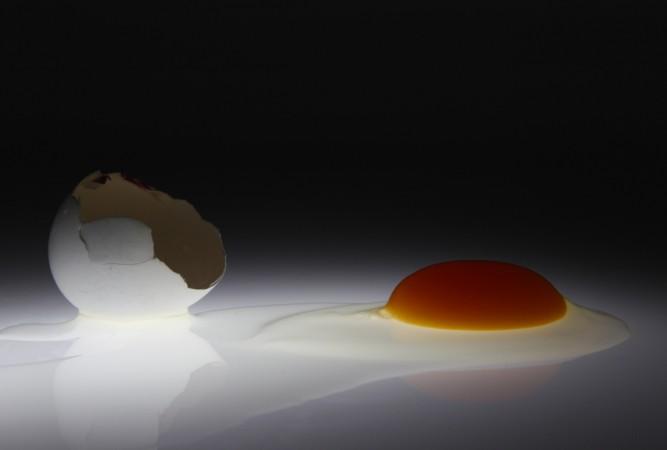
For a week, people in Kerala have been hearing about the widespread sale of artificial Chinese eggs in the state. Many also came forward with samples that looked like fake eggs. These eggs are said to have a hard shell, yolk, and a plastic-like texture. The testimonials by many people had even created panic among the public.
How believable are these Chinese eggs stories?
According to a lab test conducted by Commissionerate of Food Safety at the Meat and Science Technology Lab at Kerala Veterinary College and Research Institute in Thrissur, the artificial egg story is fake.
As per the report handed over to the Food Safety Commissioner, the samples tested are said to be real eggs, but rotten. It claims that the texture of eggs changes after being exposed to different temperatures. Before sending it to different stores, the eggs are kept in freezers for many days. However, while they are being transported to different places, the temperature varies resulting in its texture change.
Meanwhile, Dr George T Oommen, director of Centre for Advanced Studies in Poultry Science, assures that there aren't any techniques to make perfect eggs artificially as of now and are not being imported from China. The authorities have also decided to conduct a detailed test by collecting samples from different parts of the state.

Muralee Thummarukudy about Chinese eggs
In a detailed Facebook post, Muralee Thummarukudy, chief of Disaster Risk Reduction in the UN Environment Programme, explained why the news on Chinese eggs cannot be believed.
"It has been 10 years since the artificial egg news broke in China, later it reached Hong Kong, Singapore, Indonesia, Philippines and finally in India after a decade. It is a good story. A big factory, where Chinese make 1000s of eggs using maida and chemicals. The people who eat them get sick and die. But, the story has a problem. Nobody has seen any artificial eggs in any of these countries [translated from Malayalam]," Muralee writes on his Facebook account.
He also explains that selling eggs is not a hugely profitable business. Since an egg costs Rs 5, the merchant buys it for Rs 4, taking a profit of Rs 1. So, they will be willing to buy artificial eggs from dealers only if its available for a lesser rate. The fake eggs have to be imported after clearing many procedures in China and India.
"It has to be noted that these eggs are perfectly made, though making them artificially is not an easy task. It will cost at least Rs 5,000 to take the 3D print of an egg. As far as I understand, China doesn't have a business model of spending Rs 5,000 for making something and selling it for Rs 5. Not just this, the mass production of artificial eggs will be expensive and such factories need license to operate and professionals to handle the machines," he adds.
Read the full Facebook post of Muralee Thummarukudy here:













